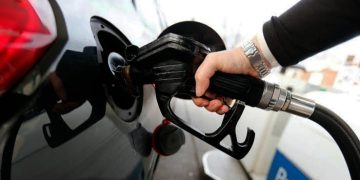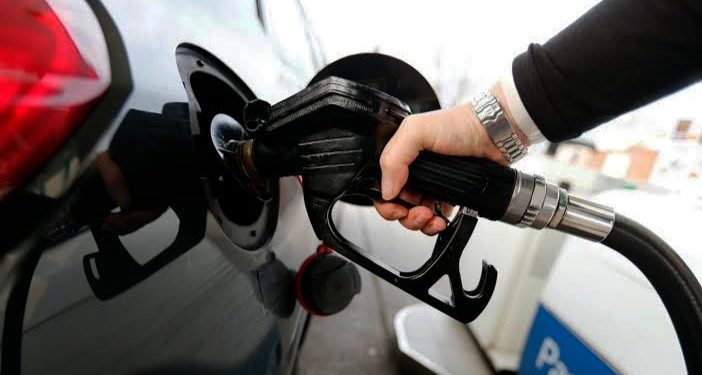By John Ikani
In an unprecedented move to mitigate climate change, the Algerian government has placed an importation ban on all diesel-powered cars.
It has also mandated local car manufacturers to start producing at least one range of electric vehicles if they’ve been trading for five years or more.
This ban is coming shortly after the 27th Conference of Parties(COP27), which was held in Sharm El-Sheikh, Egypt, and came to a close yesterday.
The country continues to show dedication in reducing its carbon footprint, as this is hardly the only time this idea has been implemented.
2 years ago, the Algerian government placed a ban on the importation of assembly line kits, which spurred the prosecution of a number of prominent business owners, charged with fraud and money laundry.
The strict importation measures caused a nationwide shortage of cars and led to an unprecedented surge in prices.
There are more than 6.5m licensed vehicles in Algeria, according to latest data from the office for national statistics.
At the last count in 2019, World Bank data listed Algeria’s carbon dioxide emissions per capita at 3.98 metric tons. That’s almost half of South Africa’s 7.51 metric tons per capita, but both countries are eclipsed by the US whose carbon dioxide emissions are an estimated 14.67 metric tons per capital.

































